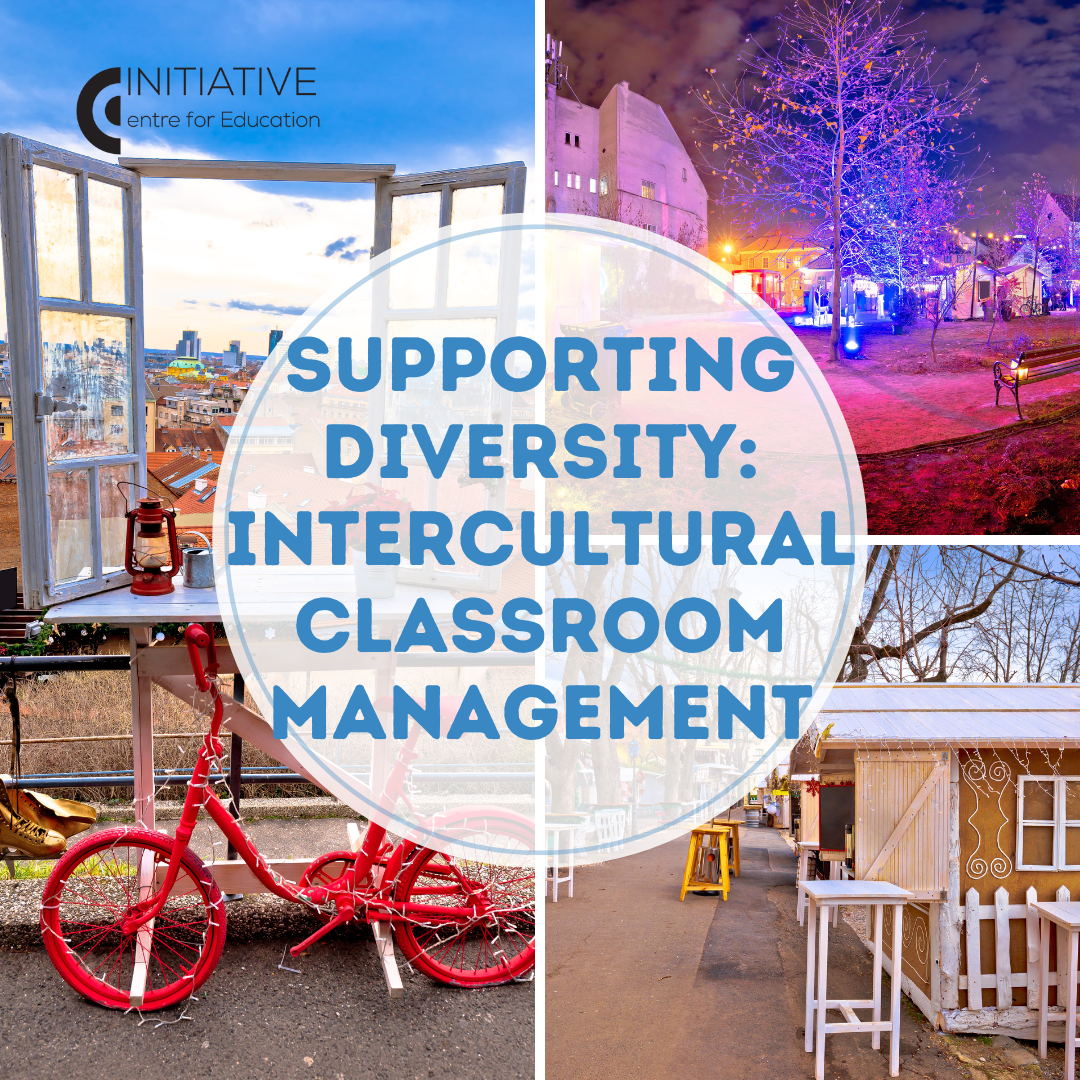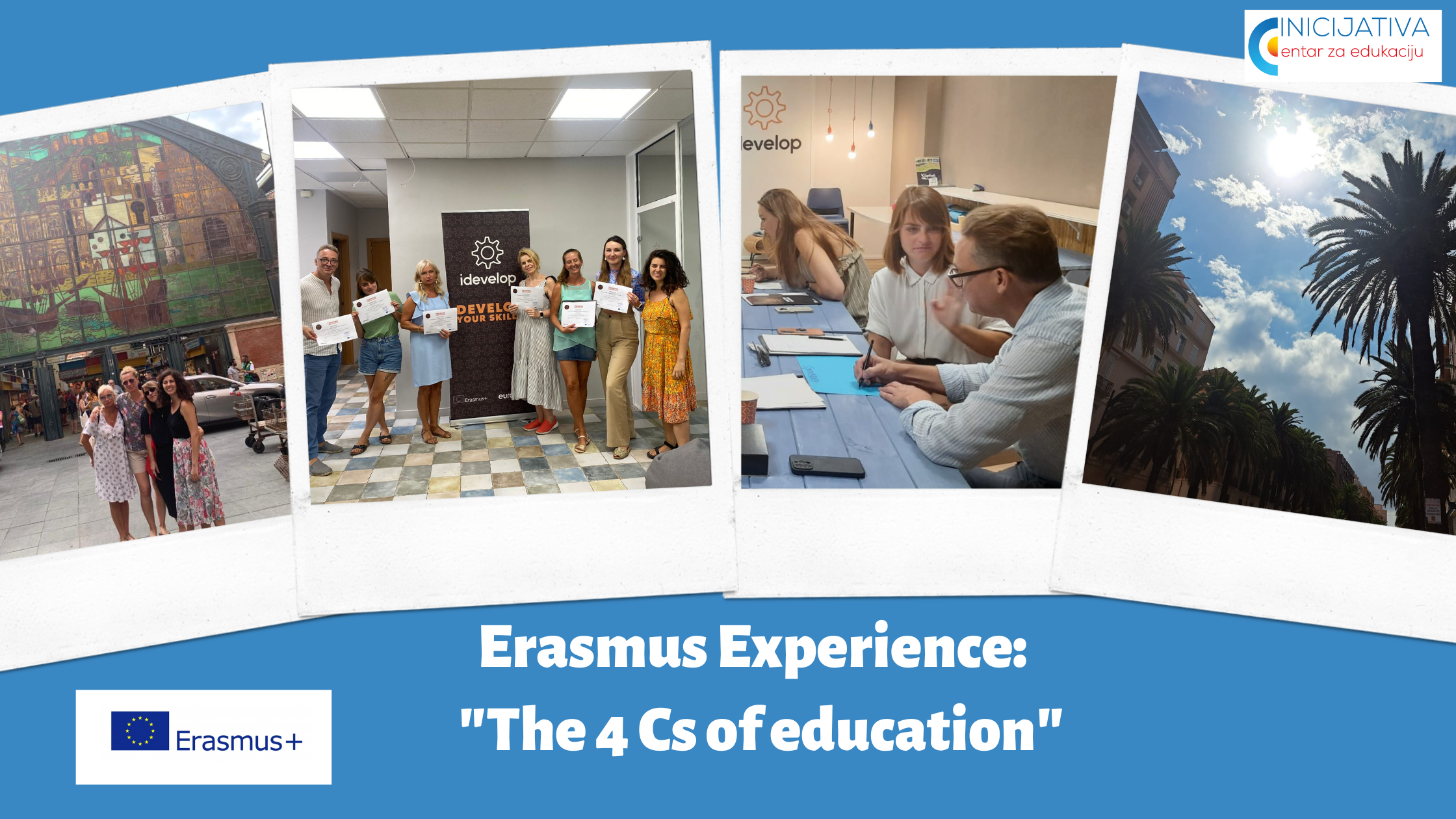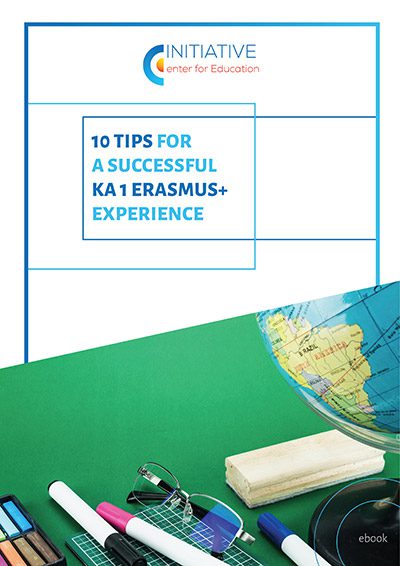Are you an educator or school administrator looking to revolutionize your teaching methods and embrace cutting-edge technology? Look no further than the Erasmus+ AI Video Course Creation for Teachers in Croatia! This innovative program offers a unique opportunity to harness the power of artificial intelligence in creating engaging, professional video courses. Set in the beautiful cities of Zagreb and Split, this course not only enhances your digital skills but also provides an unforgettable European experience. Let's explore how this Erasmus+ funded course can transform your teaching approach and position you at the forefront of educational innovation.
Why Choose This Erasmus+ Ai video course in Croatia?
- Cutting-Edge Skills: Learn to leverage AI tools like ChatGPT, Beautiful AI, Veed, and Descript for professional video content creation.
- Practical Experience: Gain hands-on experience in AI-assisted video editing and production techniques.
- Income Opportunities: Understand the potential of the video course market and explore income opportunities for schools.
- Ethical Considerations: Learn best practices for ethical and accessible course creation.
- Monetization Strategies: Develop actionable plans to market and sell your courses on platforms like Udemy.
- Cultural Immersion: Experience Croatian culture in Zagreb or Split while advancing your professional skills.
Course Overview: A Week of Intensive Learning
This five-day intensive course is designed to equip you with all the tools and strategies needed to create professional, engaging video courses powered by AI. Here's what you can expect:
Day 1: Orientation and Introduction
- Guided tour of the city (Zagreb or Split)
- Welcome dinner
- Course overview and introductory activities
Days 2-5: Intensive Training
- Understanding the e-learning market
- Mastering AI tools for content creation
- Hands-on video editing and production
- Accessibility and ethics in course creation
- Monetization and marketing strategies
Key Learning Outcomes
By the end of the course, you'll be able to:
- Create faceless videos for those camera-shy educators
- Use cutting-edge AI tools for content creation and data analysis
- Develop a polished, AI-assisted video course ready for publication
- Implement strategies to monetize your expertise through online courses
Practical Information for Your Erasmus+ Journey to Croatia
Course Dates and Locations:
- Zagreb: June 16-21, 2025 and December 15-20, 2025
- Split: July 21-26, 2025
Eligibility:
- Open to any member of an educational organization (trainers, school management, administration staff, etc.)
- Suitable for participants with at least a B1 English proficiency
Course Fee: 480 EUR (covered by your Erasmus+ grant)
Why Croatia is the Perfect Setting for Your Professional Development
Ready to Transform Your Teaching with AI in Croatia?
Don't miss this opportunity to elevate your teaching skills and embrace the future of education. The "AI Video Course Creation" program in Croatia offers a perfect blend of professional development and cultural immersion that will benefit both you and your students for years to come.
Take the next step in your educational journey:
- Check your eligibility for Erasmus+ funding
- Contact your institution's Erasmus+ coordinator
- Apply for Erasmus+ Ai video course in Croatia here
- Prepare for an unforgettable learning adventure in Croatia!
The Erasmus+ KA1 Master AI Video Course Creation for Teachers in Croatia is your gateway to becoming a future-ready educator. By participating in this course, you'll gain valuable skills in AI and video production, enhance your teaching methods, and open up new income opportunities. Croatia's welcoming atmosphere provides the perfect backdrop for this transformative experience. Don't let this opportunity pass you by – apply now and prepare to revolutionize your teaching approach with AI in the beautiful setting of Croatia!
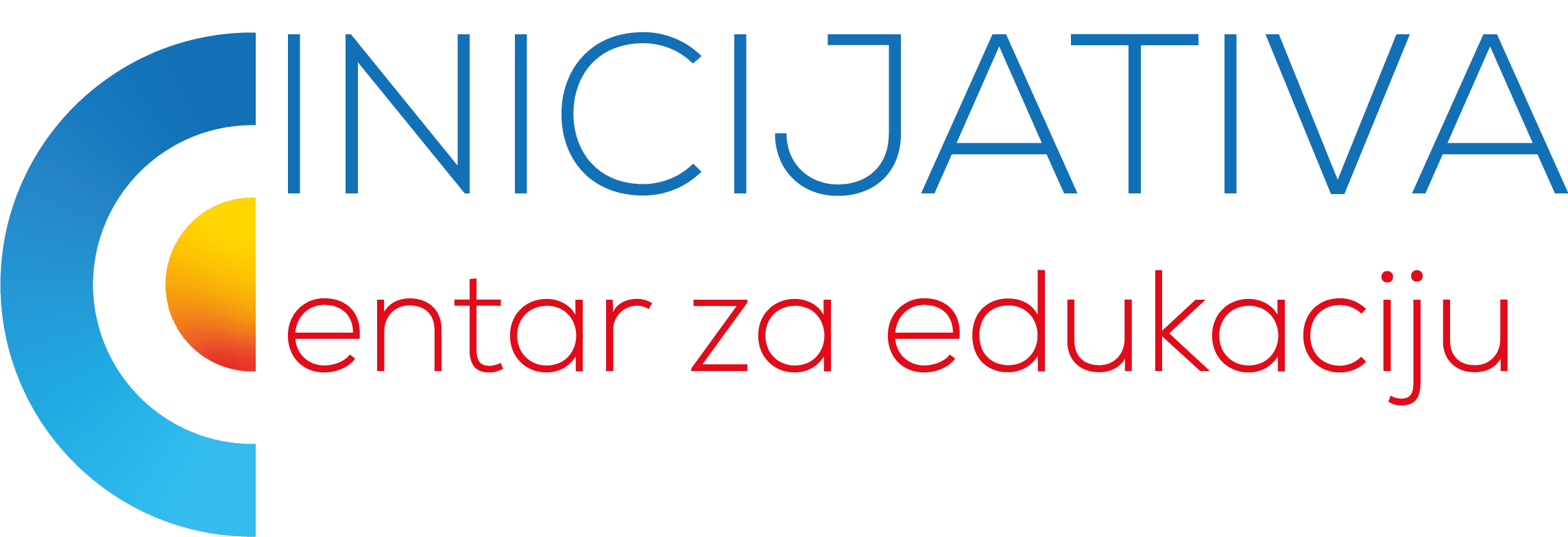




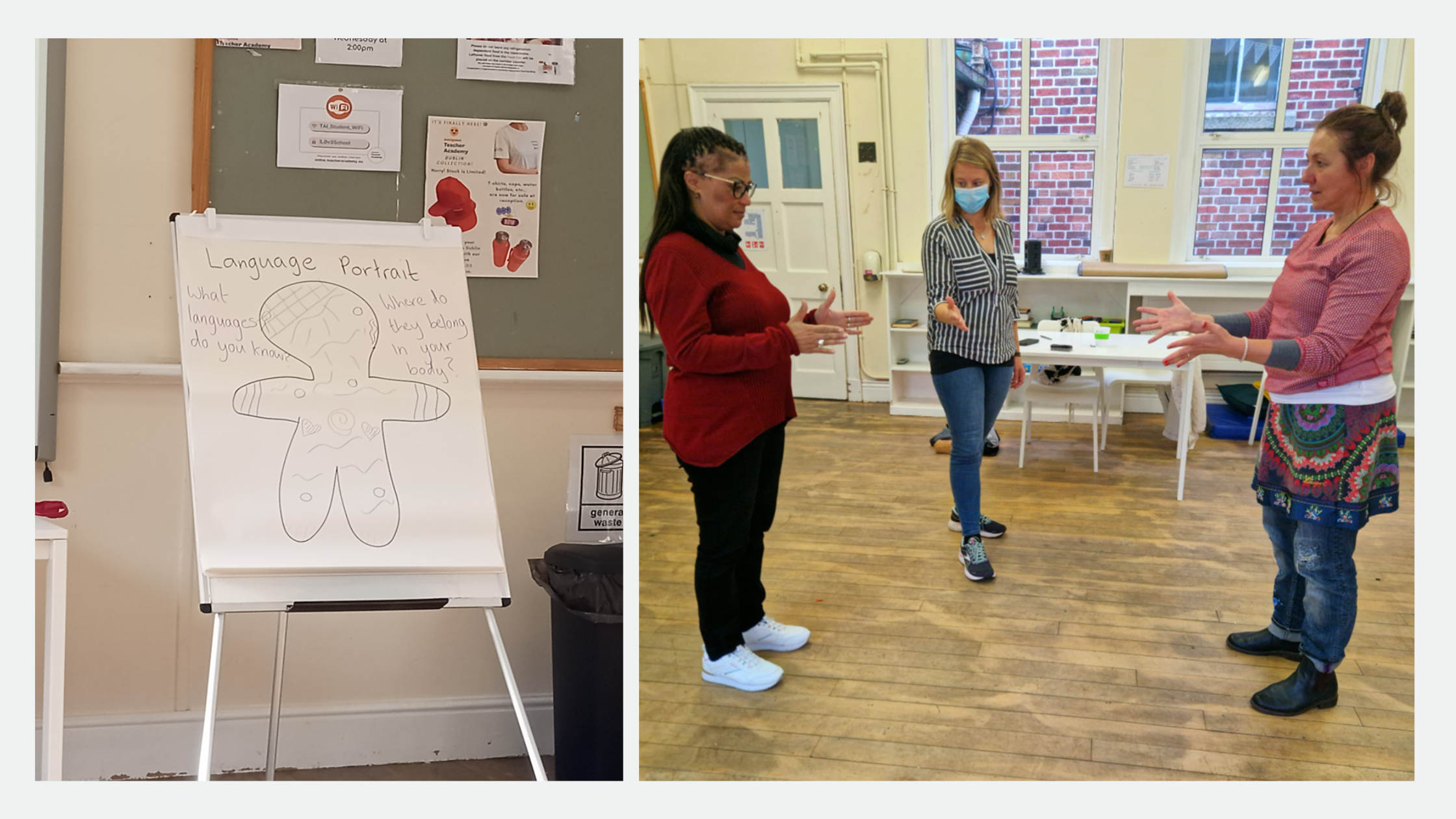
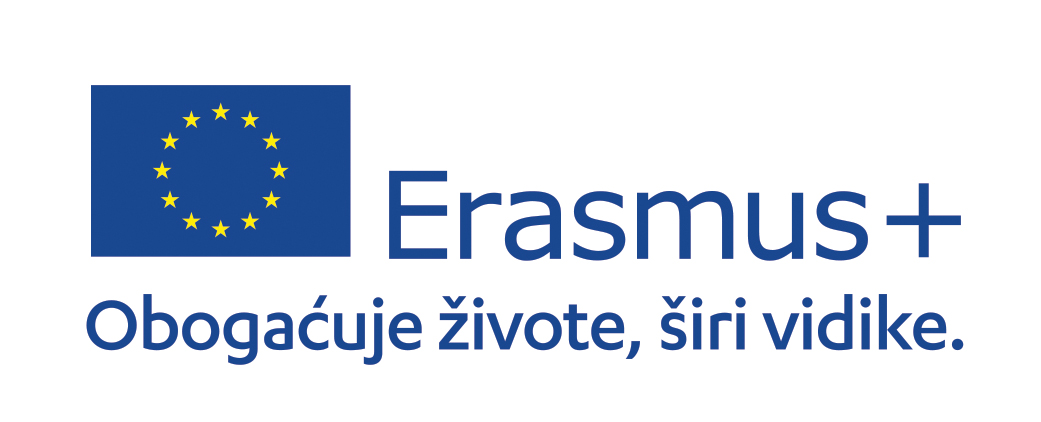
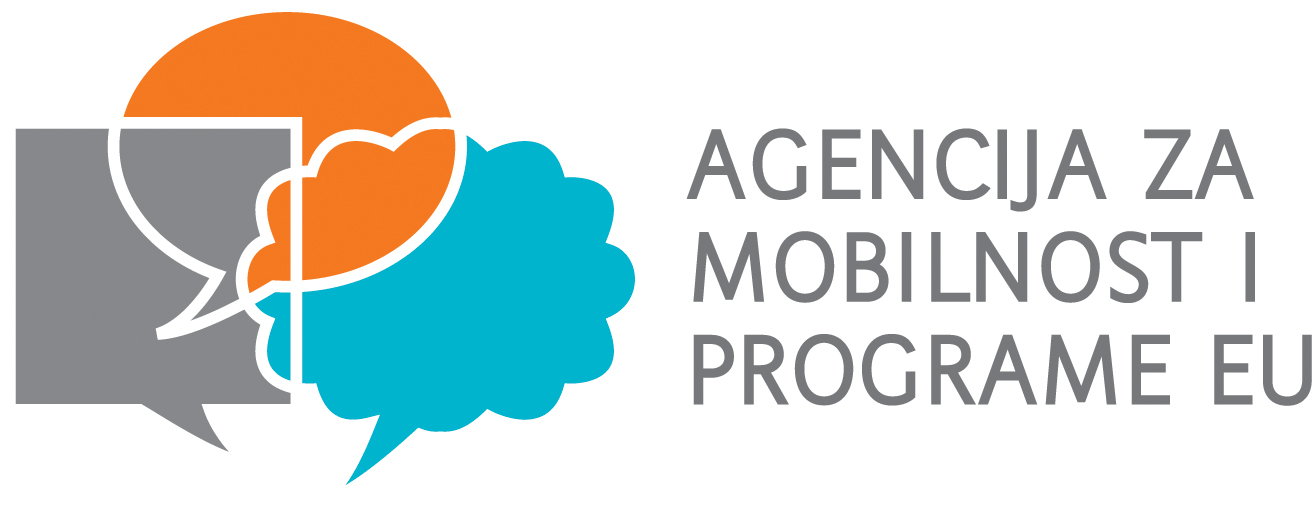

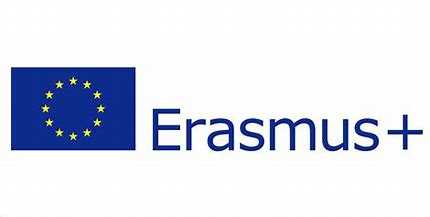

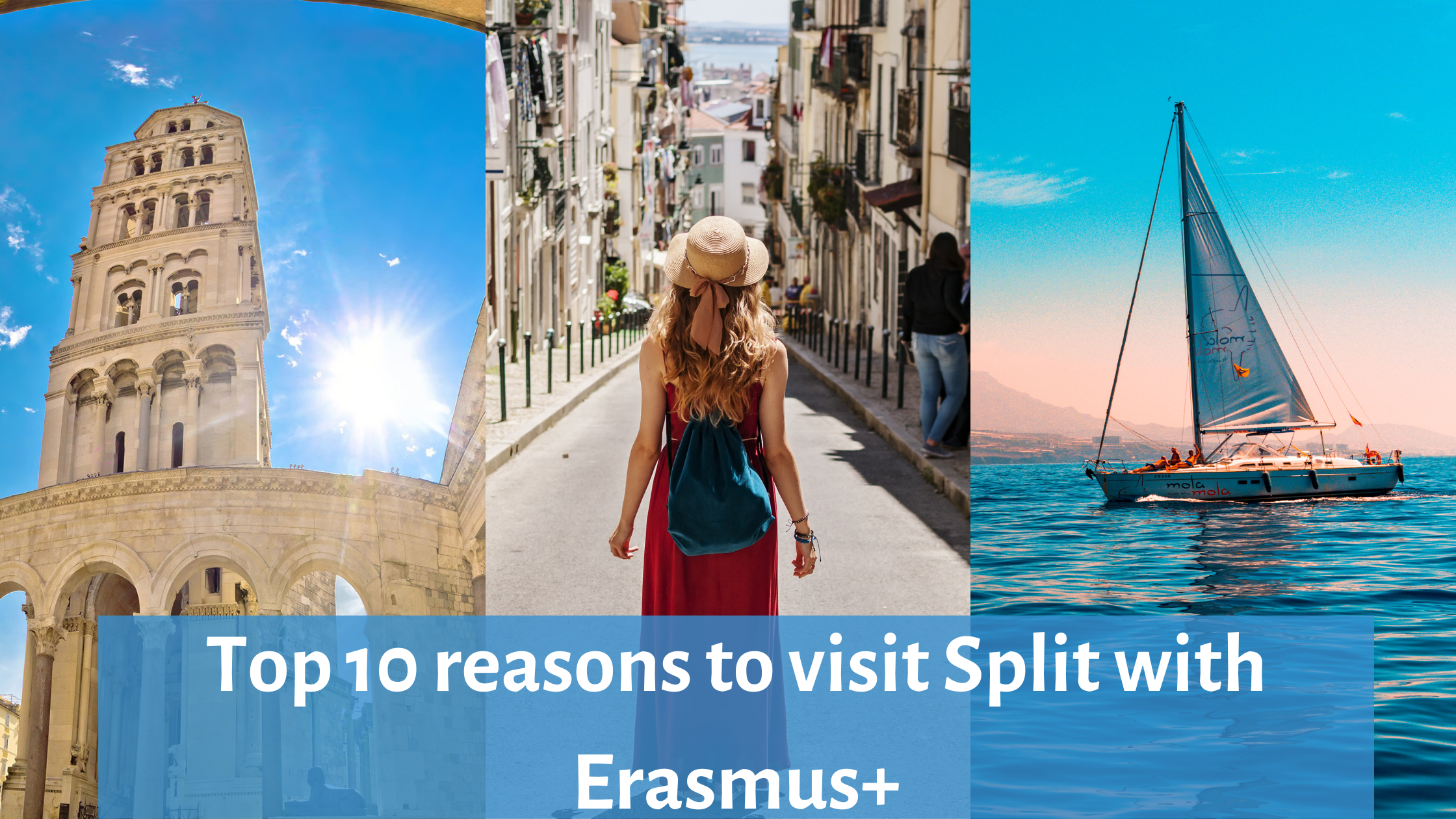

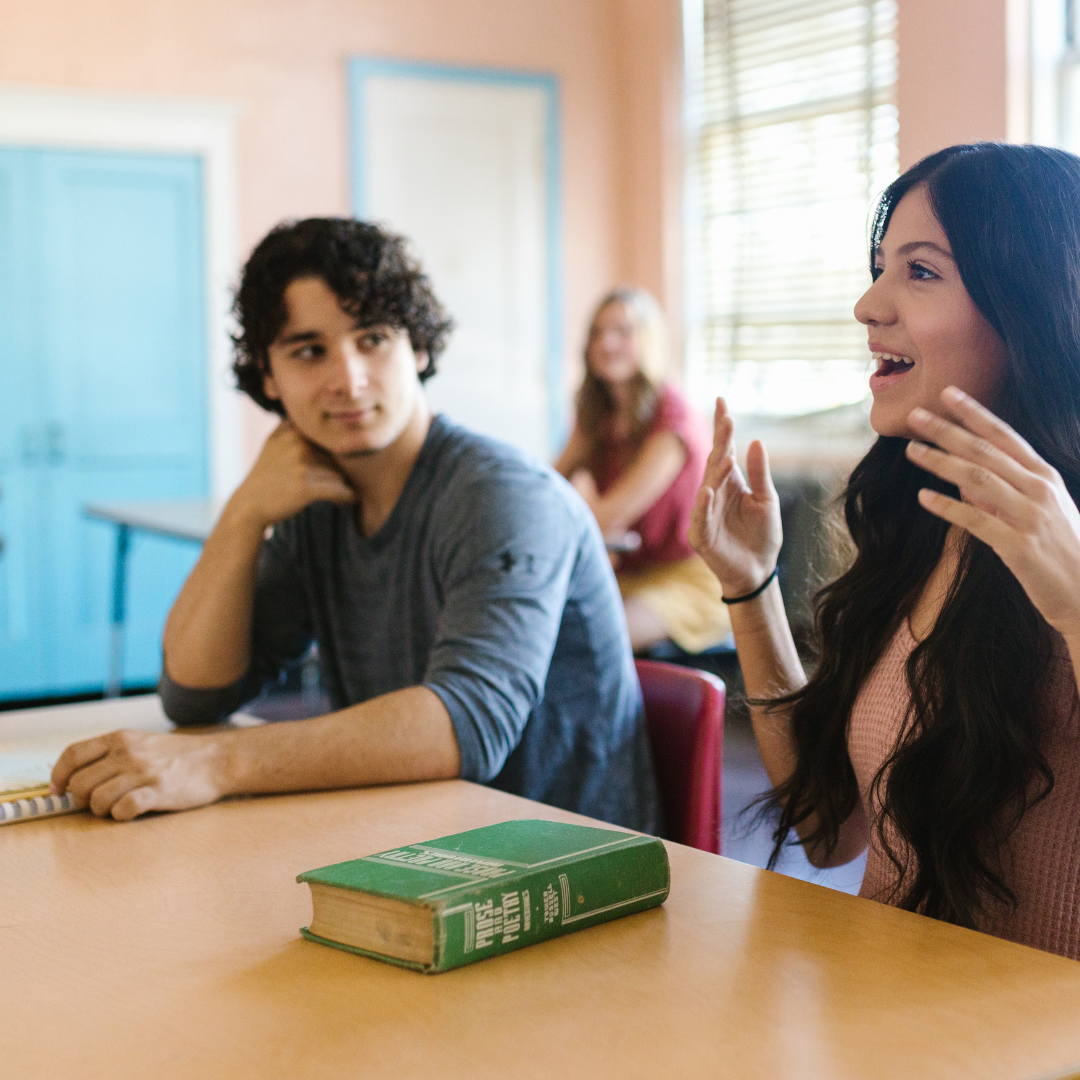





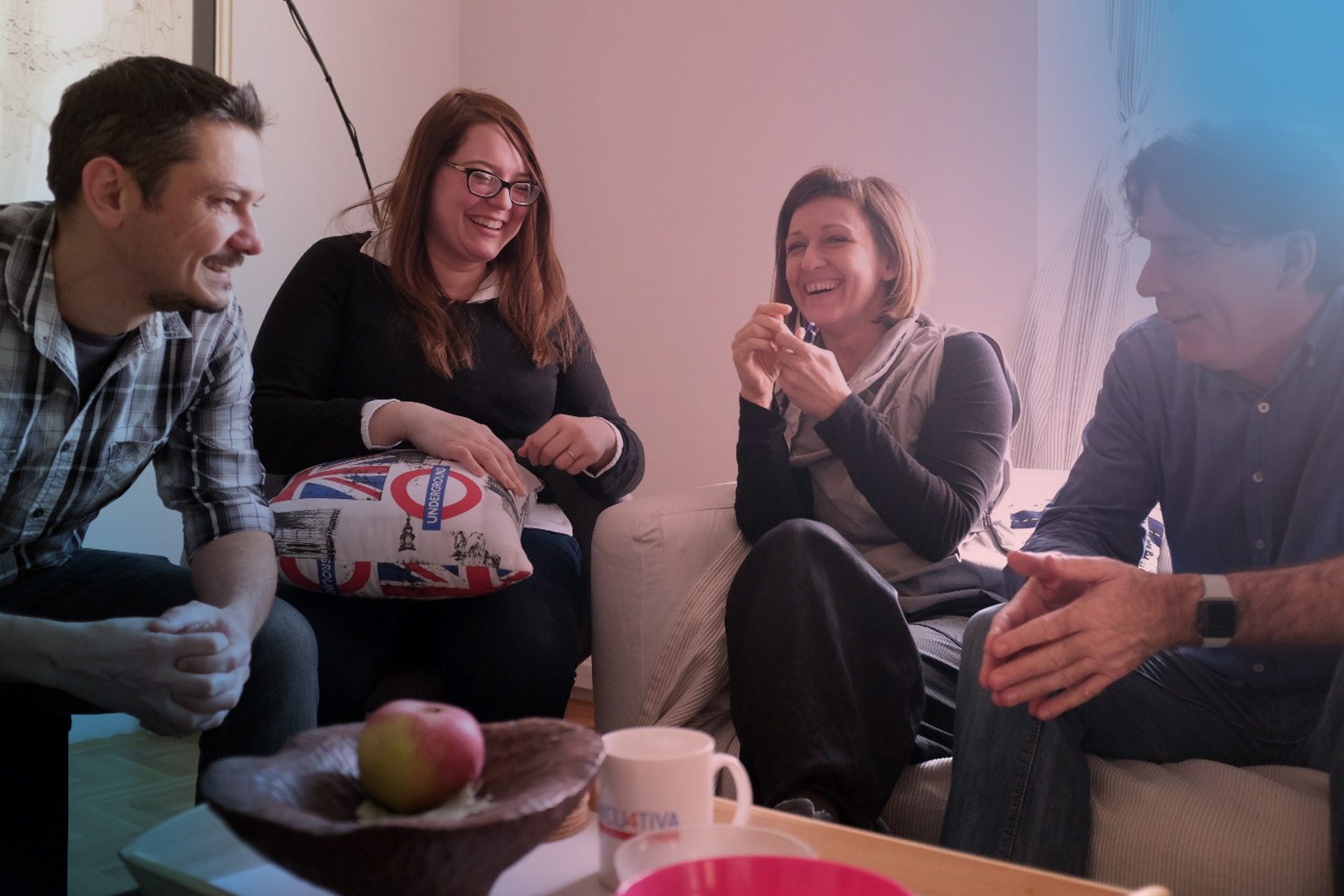
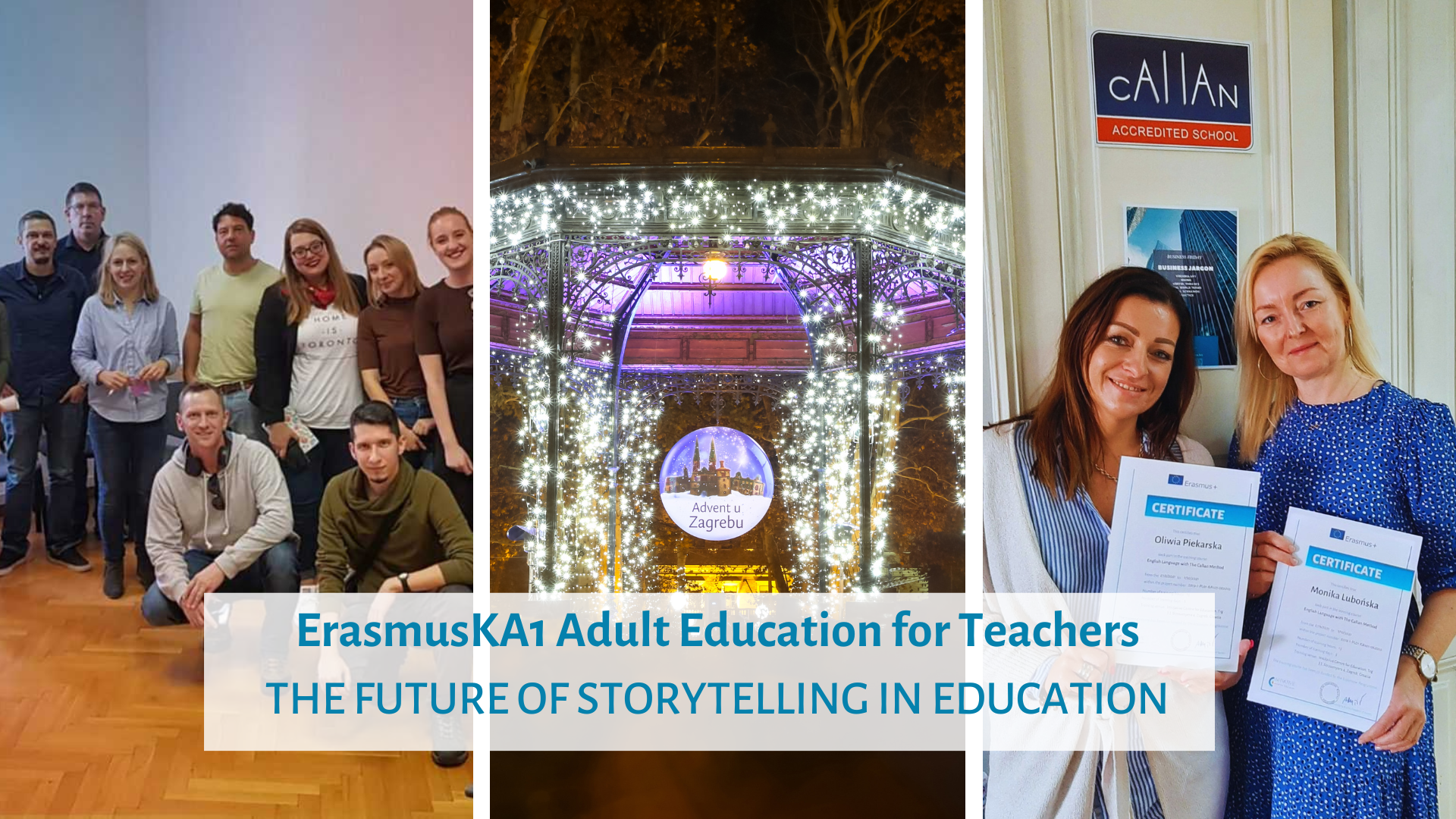
 Unleash the Magic of Storytelling!
Unleash the Magic of Storytelling!  Join Our Course for Teachers & Educators Today!
Join Our Course for Teachers & Educators Today! 

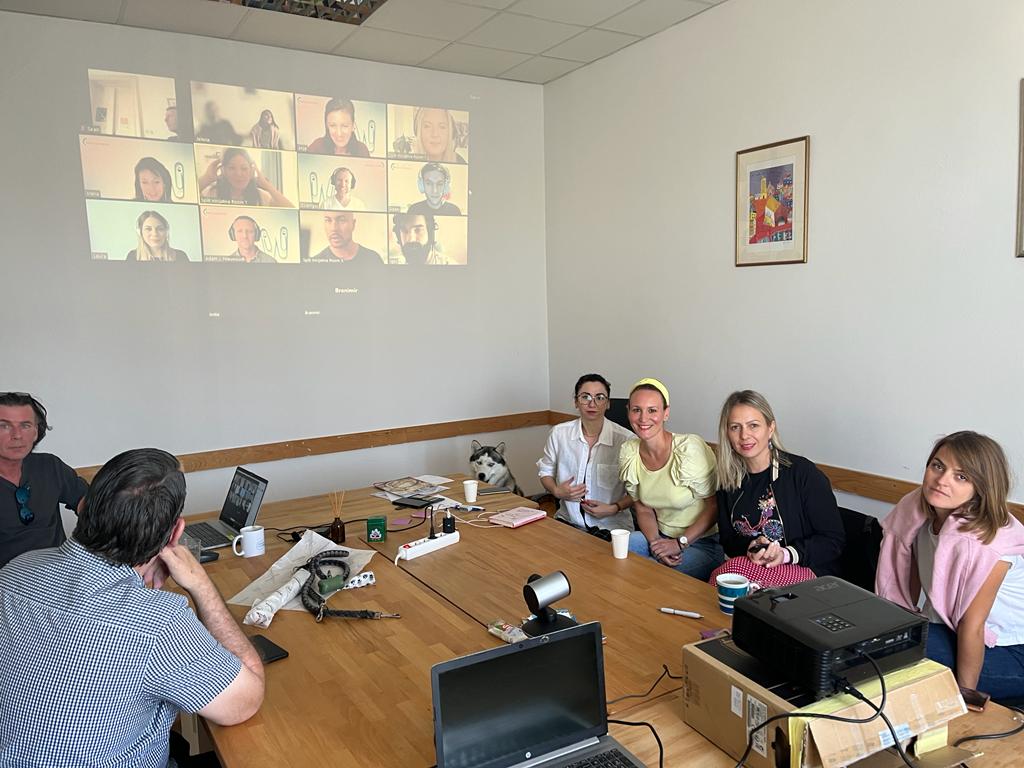
 Key Course Highlights
Key Course Highlights  Master the Art of Engaging Narratives
Master the Art of Engaging Narratives 
